A severe shortage of infant formula owing to manufacturing defects, the ongoing supply chain crisis and federal red tape has impacted nearly every part of the United States in recent weeks.
The shortage is so dire in some areas parents are resorting to everything from watered-down cow's milk to putting their babies on solid foods far earlier than recommended.
And as the crisis has deepened, misinformed people have cited the issue as evidence women should always breastfeed their babies, claiming that's how women always did things before commercial formula existed.
The problem is that isn't true, as historian Dr. Carla Cevasco pointed out on Twitter in a lengthy and eye-opening thread on the long-running history of feeding babies things other than breastmilk.
You may be hearing the argument that before the rise of modern commercial infant formula, babies all ate breastmilk and everything was great. As a historian of infant feeding, let me tell you why that\u2019s not true.— Carla Cevasco, PhD (@Carla Cevasco, PhD) 1652312425
Dr. Cevasco addressed head-on the critics scolding women for relying on a supposedly unnatural food source for their babies.
She began:
"You may be hearing the argument that before the rise of modern commercial infant formula, babies all ate breastmilk and everything was great."
"As a historian of infant feeding, let me tell you why that’s not true."
Cevasco first noted the need for alternate feeding sources has existed as long as humans have because just like today, some women and some babies are incapable of breastfeeding, some women die in childbirth and some women work outside the home.
Dr. Cevasco also noted that slaves were often forbidden from breastfeeding so that they could return to fertility faster, and that many babies are also incapable of breastfeeding for various reasons.
Sometimes baby was unable to breastfeed. Because: poor latch, prematurity, cleft palate, other health or disability reasons, etc.— Carla Cevasco, PhD (@Carla Cevasco, PhD) 1652312499
So what did babies eat in these situations?
It turns out the answers are as myriad as the reasons for not breasfeeding. Many babies throughout history have been breastfed by women other than their mothers--like wet nurses or slaves, but not just asa sign of wealth.
Some cultures communally parented, with multiple women sharing breastfeeding. And some women are not able to produce enough breastmilk to sustain a child, which before formula required help from another family or community member.
There are also many documented cultures throughout history that fed babies all manner of things besides breastmilk, from boiled nuts and grain meal, to diluted animal milk mixed with bread crumbs.
In early modern Europe, babies often ate pap or panada, mixtures of animal milk or water, bread crumbs or flour. Sometimes these were boiled, sometimes they weren\u2019t.— Carla Cevasco, PhD (@Carla Cevasco, PhD) 1652312830
Dr. Cevasco noted all of these babies would frequently die of malnourishment—even those being breastfed—which she pointed out was the problem formula was designed to address.
Let me repeat that: in the absence of modern formula, A LOT OF BABIES DIED OF ILLNESS OR STARVATION DUE TO LACK OF SAFE OR ADEQUATE FOOD.— Carla Cevasco, PhD (@Carla Cevasco, PhD) 1652312900
Dr. Cevasco also pointed out in the United States, far more women likely would breastfeed if we had adequate support systems for new mothers.
Of course! More people would be able to breastfeed if they had access to things like paid parental leave, free lactation consultants and breastfeeding education, access to pumping rooms and the right to breastfeed in public...you get the picture.— Carla Cevasco, PhD (@Carla Cevasco, PhD) 1652312996
Others on Twitter applauded Cevasco for clarifying the faulty logic with which so many are approaching the formula crisis.
I do think that American women and their baby's are at a huge disadvantage with breastfeeding because of the prehistoric parental leave policies of the country they live in. It's a lot easier to breastfeed when you don't work the day after delivery! Fed is best, regardless.— Leslie Miikal (@Leslie Miikal) 1652327162
Thank you for this thread. I\u2019m due in July and very anxious about breastfeeding/pumping because I know how hard it can be. It\u2019s a lot of work. I also have to go back to work 6 weeks after so I\u2019m worried I won\u2019t be able to keep it up for long.— Jordan Riffle (@Jordan Riffle) 1652332103
I\u2019m just here to be the mom that says I chose to formula-feed because I wanted to. That\u2019s it. \n\nI have empathy for those who had awful reasons why they HAD to formula-feed but I want to remove the shame. Period.\n\nMoms: you can use formula just because you want to.— kristy (@kristy) 1652317875
Also, it's constantly forgotten, but some birthing parents straight up don't habe breast milk, or not enough to feed their child. It happens.— And-ersson\ud83c\udff3\ufe0f\u200d\ud83c\udf08\ud83d\udcce\ud83c\udf3b (@And-ersson\ud83c\udff3\ufe0f\u200d\ud83c\udf08\ud83d\udcce\ud83c\udf3b) 1652314483
It astounds me how many people don't get that the answer to "What did people in the past do?" is "They died". It's that simple, people died so we invented ways so they wouldn't die.— Laura Carr (@Laura Carr) 1652322830
I couldn\u2019t produce breast milk. My baby starved because over zealous women made me feel like I was a garbage mother.— Rita Powell (@Rita Powell) 1652326089
Thank you for a fascinating thread. I note the almost complete lack of recognition of women, upon whose Labour your work is based. Why is that?— Elizabeth (@Elizabeth) 1652357786
And the argument is irrelevant, regardless.\n\nIf a woman chooses to bottle feed, her milk dries up. Any time past a couple of weeks, and there isn't a choice to bottle or breast feed. It's bottle or nothing.— Laurie Rodriguez (@Laurie Rodriguez) 1652317239
I\u2019m thinking when most people read \u201ca lot of babies died\u201d it really doesn\u2019t hit them what this actually means. In my parent\u2019s generation it was really odd to find a family who had not lost any children, most did. My parent\u2019s firstborn did not survive birth. Go walk old graveyards— TK-Squared, LLC \ud83e\udde2 (@TK-Squared, LLC \ud83e\udde2) 1652322679
America's formula shortage is because of the intersecting problems of a contamination-related recall at one of the nation's largest manufacturing facilities, a facility shutdown, supply-chain issues, hoarding and stringent FDA and trade regulations that make European formulas and many foreign dairy products illegal in the United States.
While the Biden Administration has said it is doing everything it can to cut "red tape" and improve the baby formula supply, the factory that first sparked the shortage and hoarding is not expected to be operational again for at least two months.

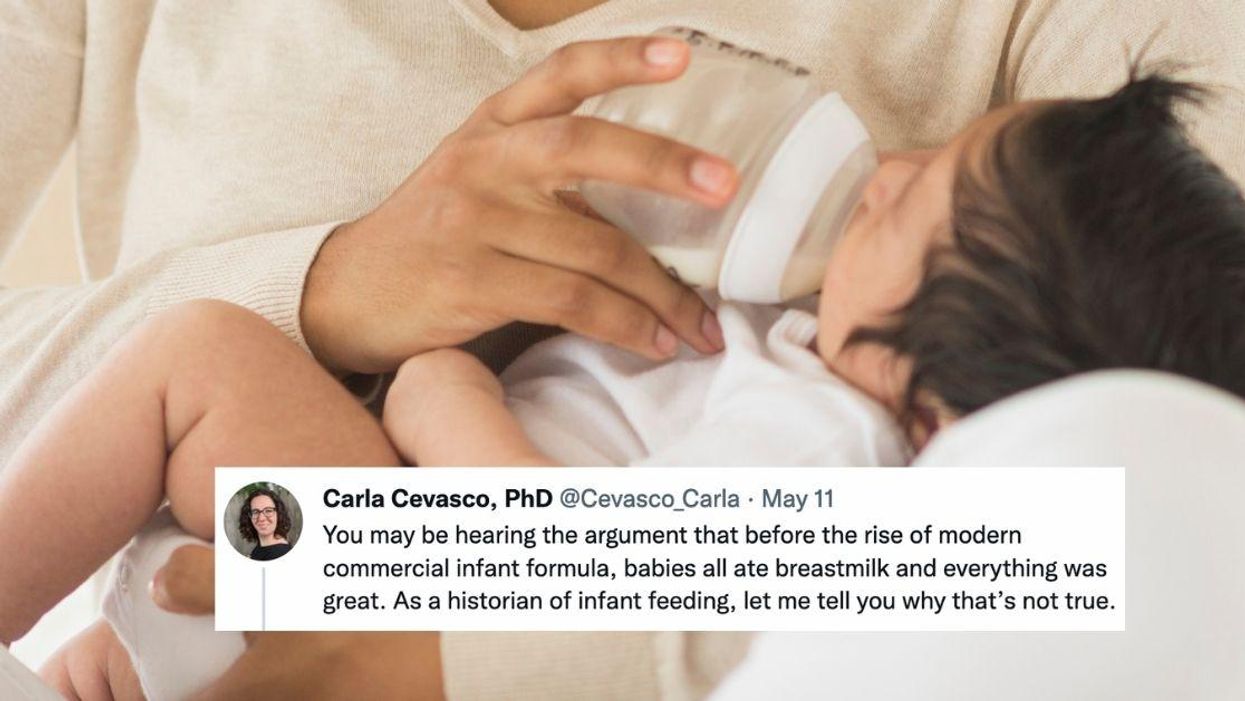






 @iamdaydreamin_/Instagram
@iamdaydreamin_/Instagram @loversfriendschi/Instagram
@loversfriendschi/Instagram @peachyyyangieee/Instagram
@peachyyyangieee/Instagram @y2kbug.zip/Instagram
@y2kbug.zip/Instagram Allie/TikTok
Allie/TikTok EclipseHope13 - /
EclipseHope13 - / Karina Skellington/TikTok
Karina Skellington/TikTok Nadia Spitaels/TikTok
Nadia Spitaels/TikTok Kkkkkakes/Instagram
Kkkkkakes/Instagram mister_bones__/TikTok
mister_bones__/TikTok


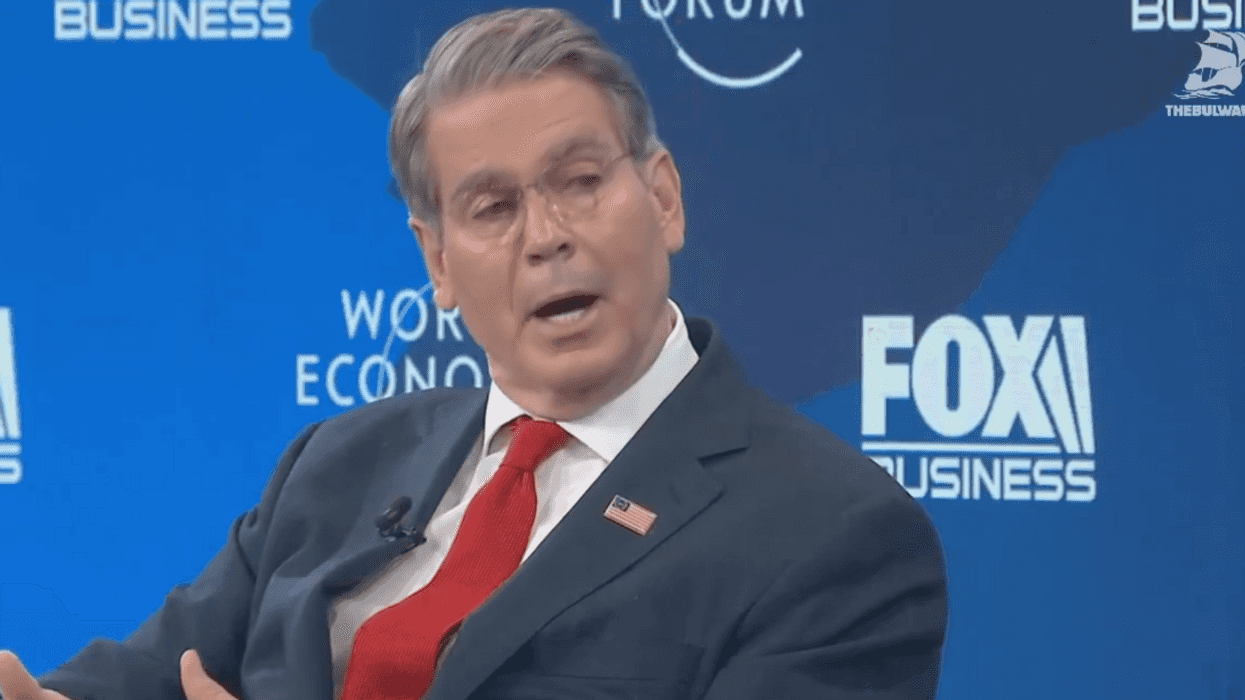
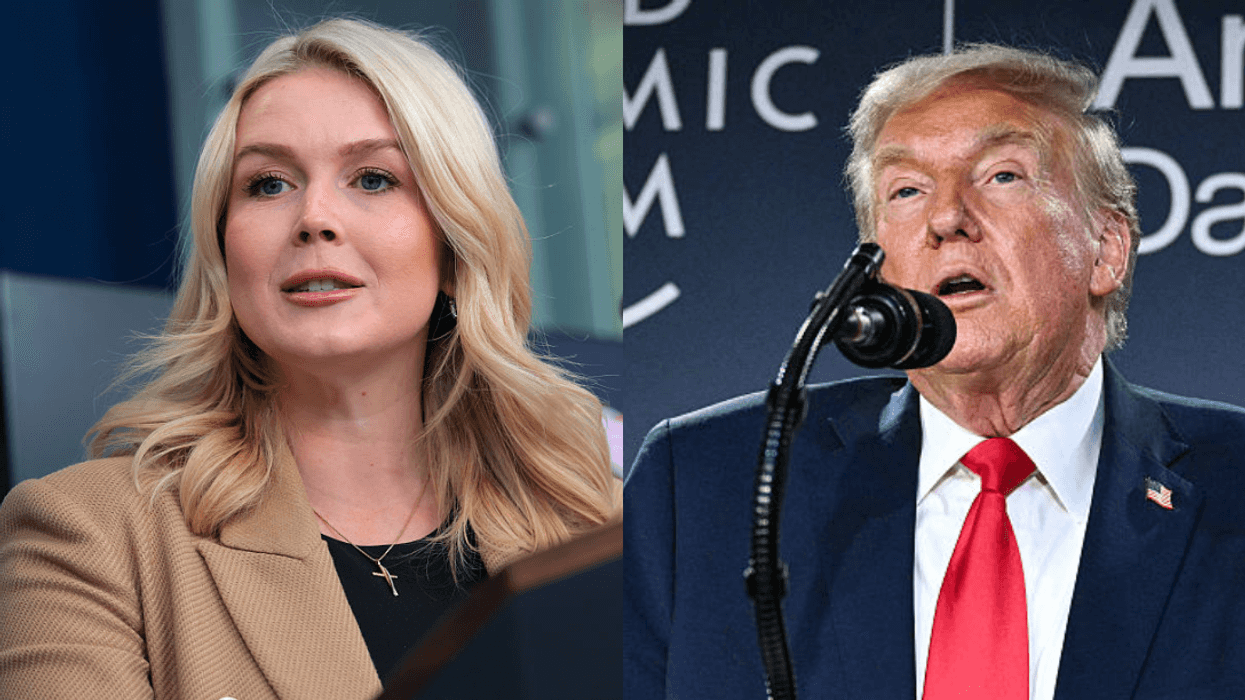

 @uaschyperpolyglot; @xopherx/Bluesky
@uaschyperpolyglot; @xopherx/Bluesky @augustjpollak/Bluesky
@augustjpollak/Bluesky @augustjpollak/Bluesky
@augustjpollak/Bluesky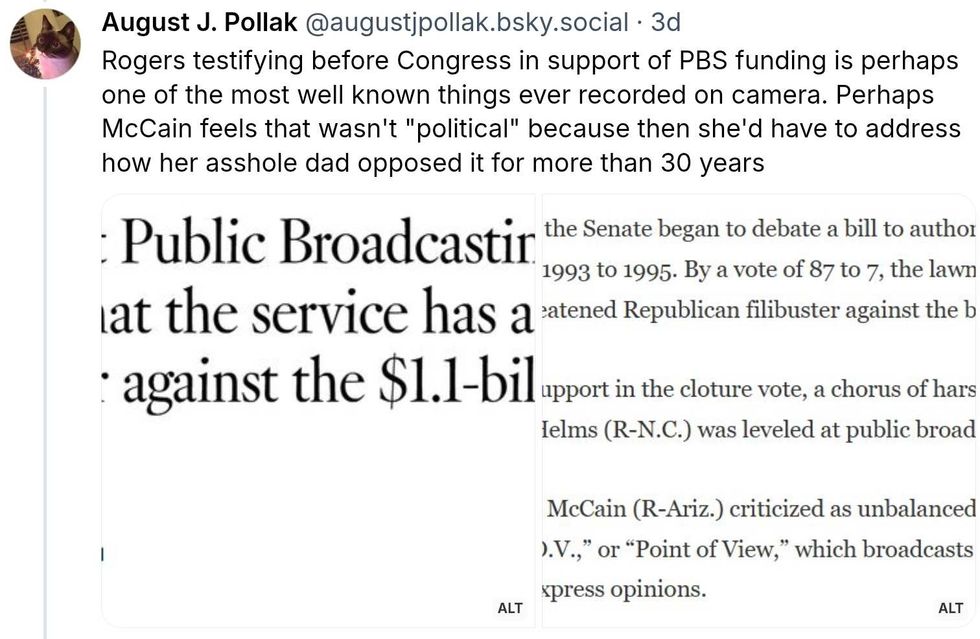 @augustjpollak/Bluesky
@augustjpollak/Bluesky @owill8s/Bluesky
@owill8s/Bluesky @sethcotlar/Bluesky
@sethcotlar/Bluesky @zoesamuel/Bluesky
@zoesamuel/Bluesky  @clggmf/Bluesky
@clggmf/Bluesky


 Friends Hug GIF by MOODMAN
Friends Hug GIF by MOODMAN  Body Wiggle GIF
Body Wiggle GIF 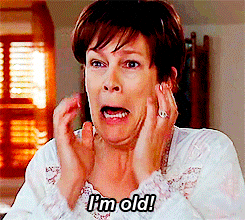 Aging Jamie Lee Curtis GIF
Aging Jamie Lee Curtis GIF  Serious
Serious